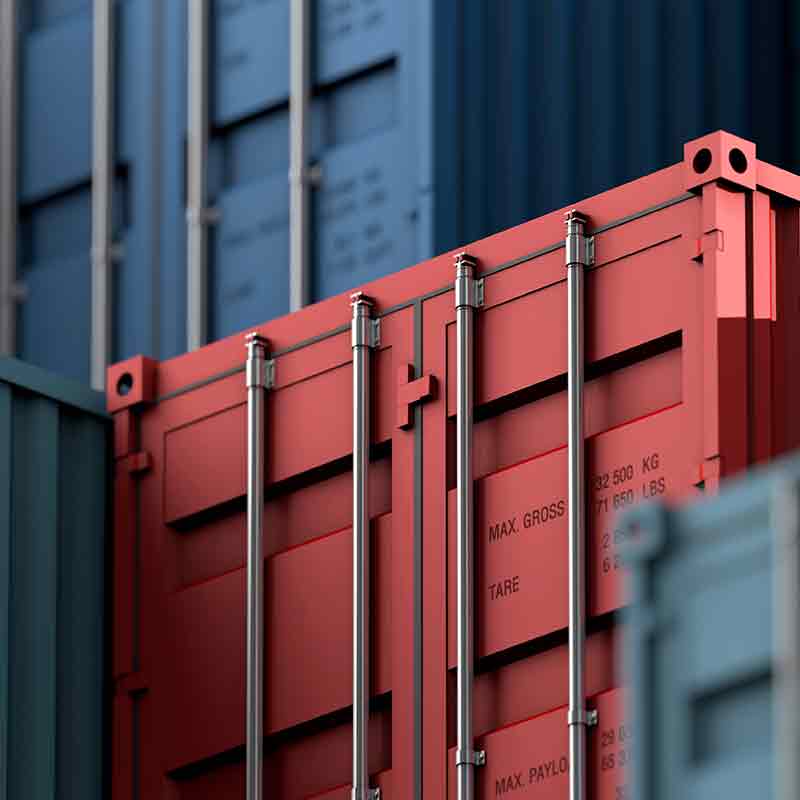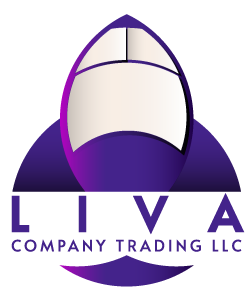
Storage
Customs Storage and Warehouse
Customs storage and warehouses are facilities designated by customs authorities for the storage of goods under customs control. They provide a secure and controlled environment for goods that are awaiting customs clearance, payment of duties, or further processing.
Total Fulfillment Cost and Estimated
Total fulfillment is a comprehensive logistics service that encompasses all aspects of order fulfillment, from receiving and storing inventory to picking, packing, shipping, and managing returns. It provides businesses with a single point of contact for all their fulfillment needs.
Services Included in Total Fulfillment:
- Inventory management: Receiving, storing, and tracking inventory levels.
- Order processing: Processing orders received from various channels (e.g., online, phone, retail).
- Picking and packing: Selecting and packaging items for shipment.
- Shipping: Arranging and managing the shipment of orders to customers.
- Returns management: Handling returns, including receiving, inspecting, and processing refunds or exchanges.
- Customer service: Providing customer support related to order fulfillment.
Benefits of Total Fulfillment:
- Reduced costs: Total fulfillment can reduce costs by eliminating the need for businesses to invest in their own fulfillment infrastructure and personnel.
- Improved efficiency: Fulfillment centers are designed for efficient order processing and shipping, resulting in faster delivery times and reduced errors.
- Scalability: Total fulfillment providers can easily scale their operations to meet changing demand, allowing businesses to grow without investing in additional infrastructure.
- Enhanced customer experience: By providing fast and reliable fulfillment, businesses can improve customer satisfaction and loyalty.
- Focus on core business: Total fulfillment allows businesses to focus on their core competencies by outsourcing the complexities of order fulfillment.
Total fulfillment is an ideal solution for businesses that:
- Sell products online or through multiple channels.
- Have a high volume of orders.
- Want to improve their fulfillment efficiency and customer experience.
- Lack the resources or expertise to manage their own fulfillment operations.
- Shipping cost deliveries at USA Level (USA), tools.
- Shipping costs for deliveries within the United States vary depending on
several factors, including: - Shipment size and weight: Larger and heavier shipments typically cost more
to ship. - Shipping distance: The distance between the origin and destination affects
shipping costs. - Shipping method: Faster shipping methods, such as overnight or express
delivery, cost more than standard ground shipping. - Carrier: Different carriers have different pricing structures and surcharges.
- Delivery options: Additional services, such as signature confirmation or
insurance, can increase shipping costs.
Average Shipping Costs:
According to the United States Postal Service (USPS), the average cost to ship a package within the US is as follows:
Average Shipping Costs:
According to the United States Postal Service (USPS), the average cost to ship a package within the US is as follows:
Major Shipping Carriers in the USA:
- United States Postal Service (USPS)
- FedEx
- UPS
- DHL
- OnTrac
- LaserShip
Additional Costs to Consider:
- Fuel surcharges: Carriers may impose fuel surcharges based on current fuel
prices. - Residential delivery fees: Some carriers charge additional fees for deliverie to residential addresses.
- Oversized or heavy item fees: Shipments that exceed certain size or weight limits may incur additional charges.
- Insurance: It is recommended to purchase insurance for valuable shipments to protect against loss or damage.



